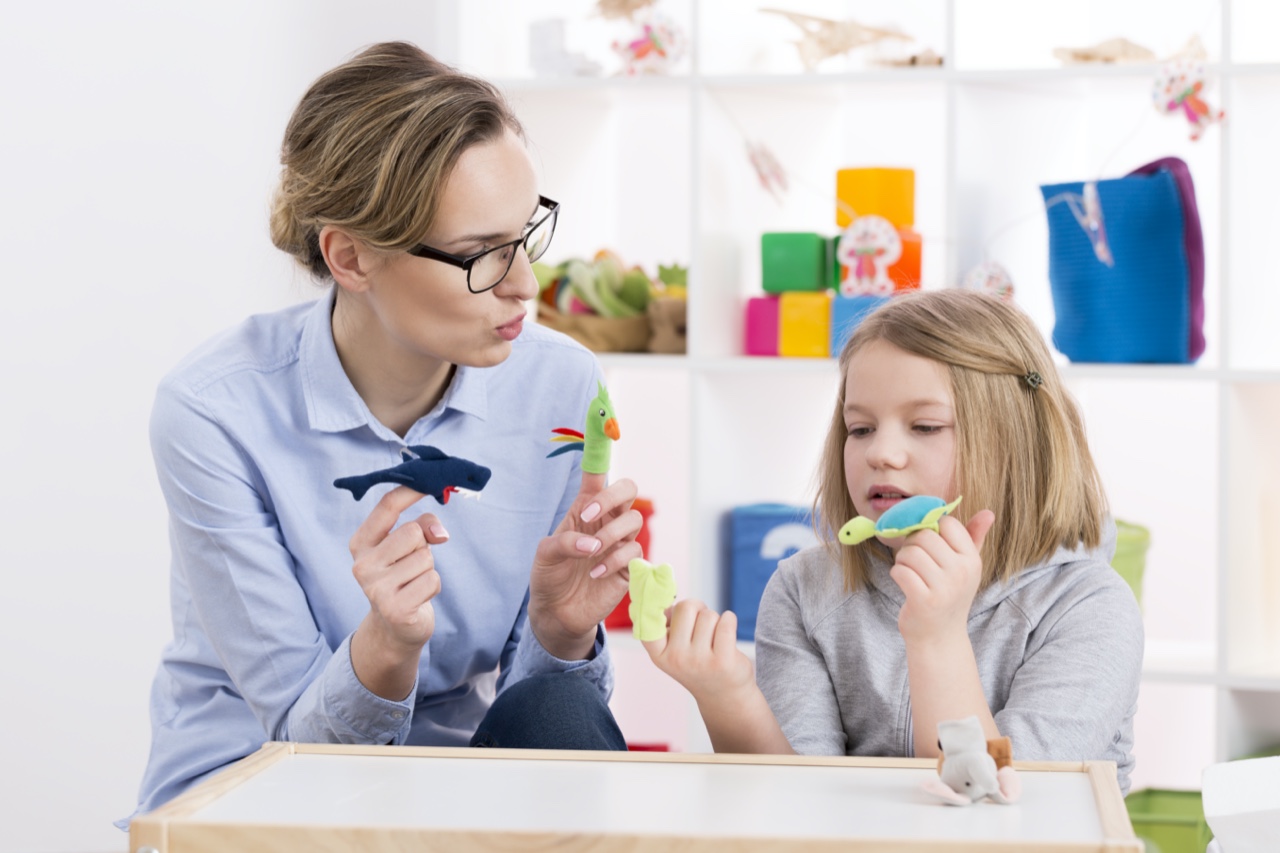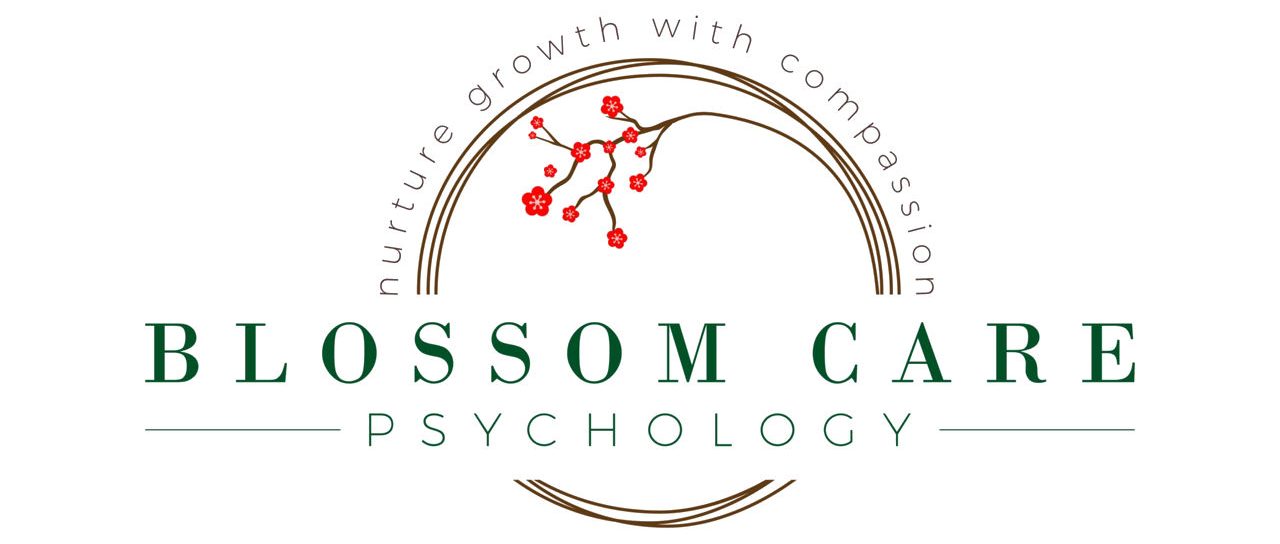My Services

Therapy for children and adolescents
Evolutionally speaking, we all want our children to be happy and grow well. However, it is not easy to grow up in this fast-paced era. Children and adolescents experience setbacks and may have difficulties regulating their big emotions as they grow up. Often, the changes in their mood, behaviour and relationships are signs that they may be struggling to cope and need additional help.
Children and adolescents do not live in isolation. They are supported by their family systems and the community that they interact with. We aim to provide a therapeutic space for the family to have therapeutic play and conversations to help understand and resolve problems. This can help to make positive changes in the communication and interactions within the family systems. As a result, there are deeper connections among family members.
We also provide one-on-one therapy with the individual child and/or adolescent. At Blossom Care Psychology, we understand that therapy needs to be tailored to their developmental level and focus on supporting our children and adolescents to develop into flexible, adaptive and resourceful individuals so that they can face challenges in their lives. Children and adolescents are not small adults. We do not treat their difficulties the same way as we treat our adult clients. With some help and nurturance, young people can often find what’s important to them and make good use of their strengths to overcome their life challenges. That is where growth happens.

We provide therapy using strategies drawn from sound evidence-based therapy approaches such as DNA-v, Acceptance and Commitment Therapy (ACT), Cognitive Behaviour Therapy (CBT), attachment theory, polyvagal theory, mindfulness, self-compassion, family systems therapy and play therapy.
We can support children and adolescents with the following concerns (but are not limited to):
- worries or anxiety
- persistent anger or behaviour outbursts
- difficulties with emotion regulation
- adjustment to major life changes or transitions
- social and communication skills
school-related distress (e.g., bullying, school refusal) - grief and loss
- low self-esteem
- relationship difficulties with siblings or parents
- gaming addiction
- adjusting to diagnoses of ASD, ADHD and SLD (celebrate neuro-diversity)
- developmental trauma
